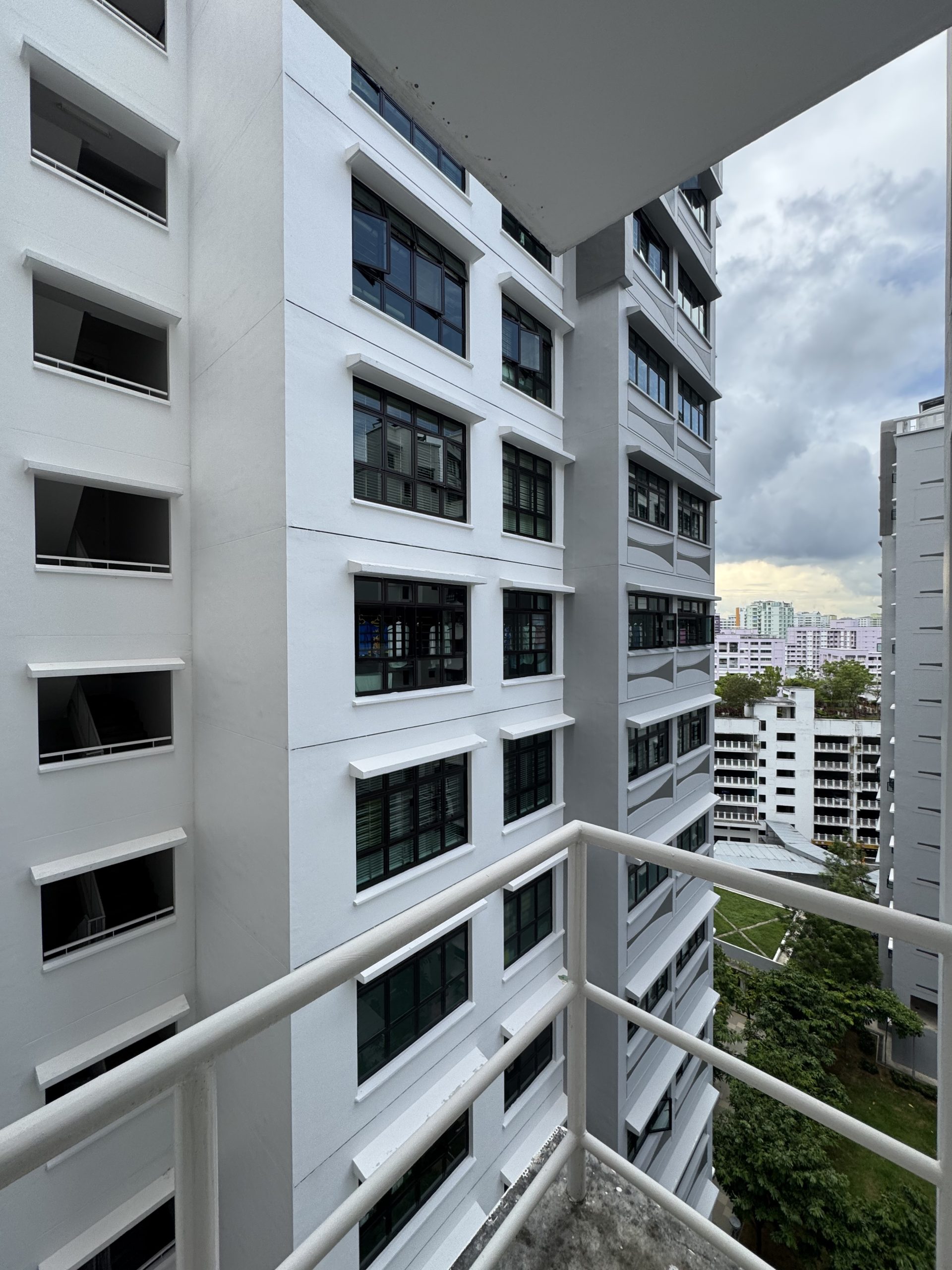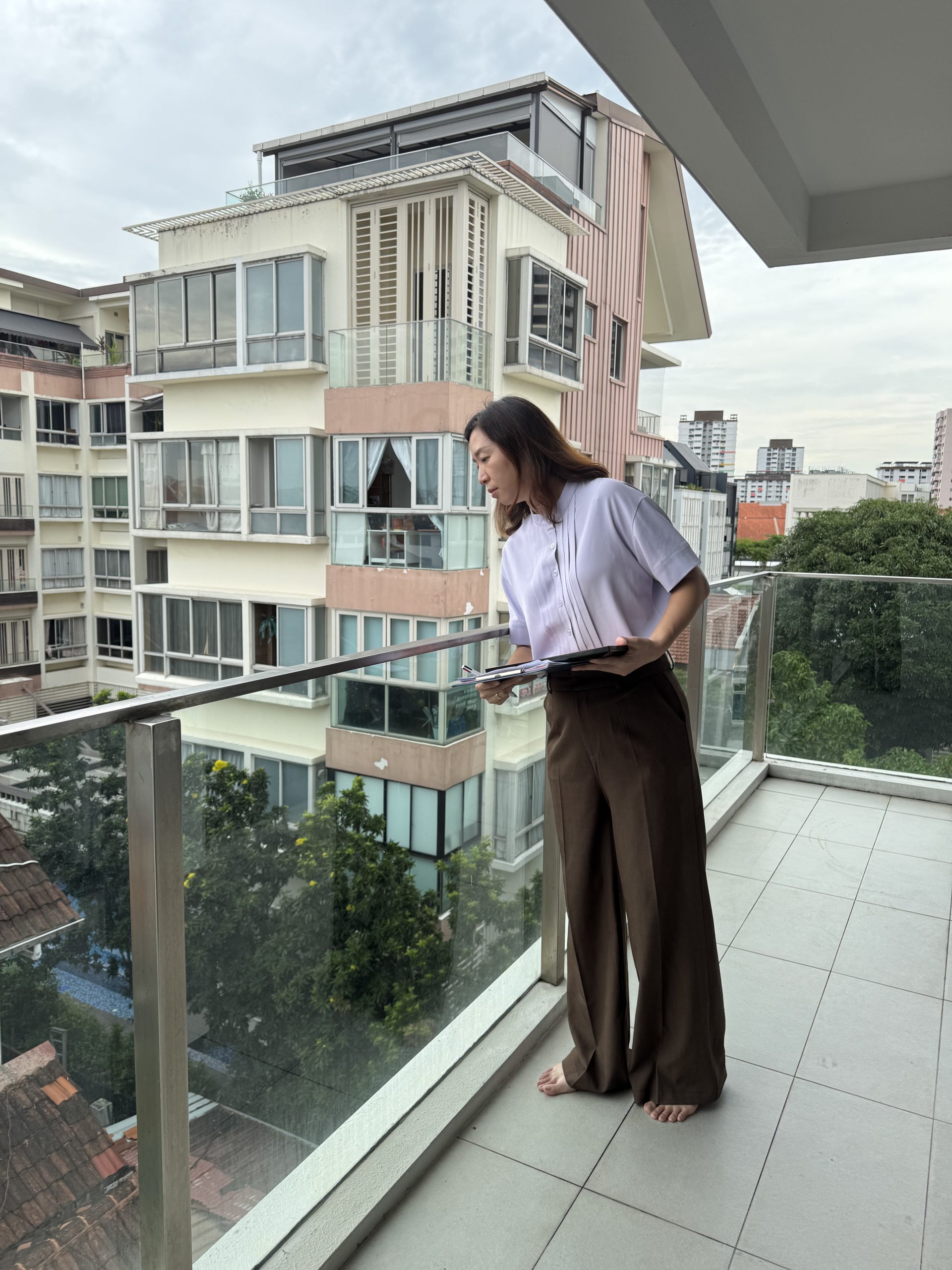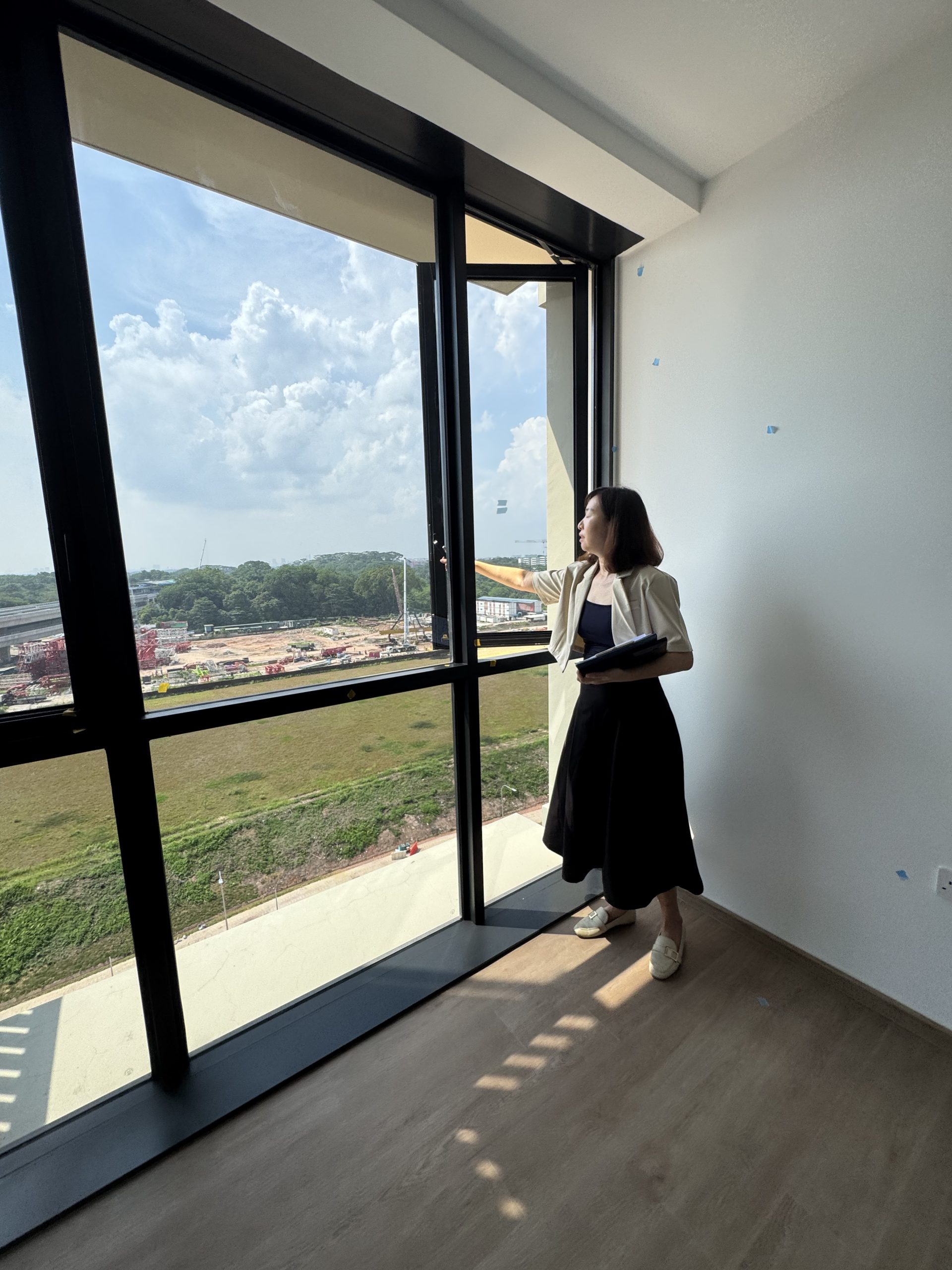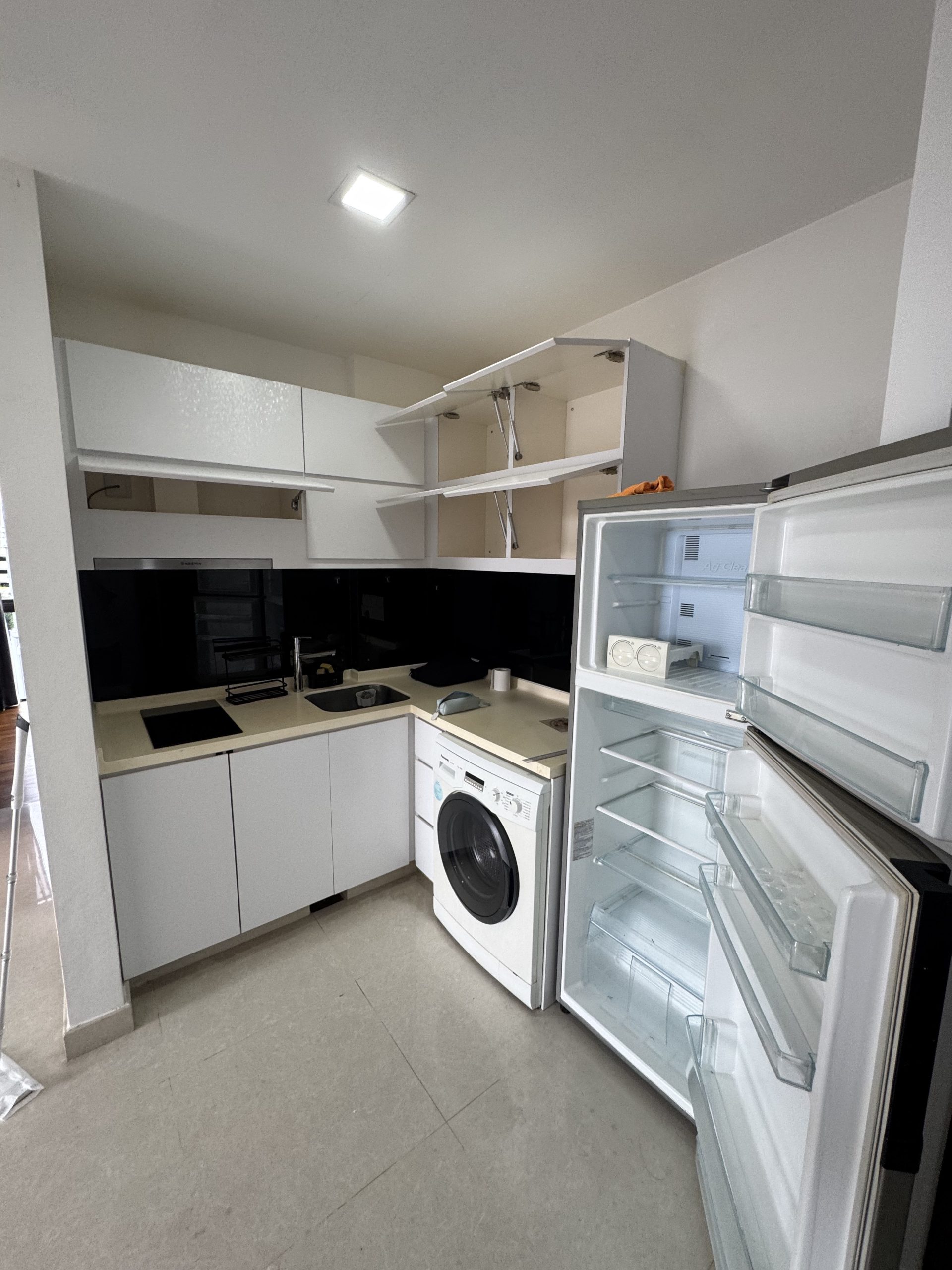
Singapore Housing Types
Residential properties in Singapore are generally divided into three categories: public housing (HDB flats), hybrid housing (EC) and private housing.
Public housing (HDB) housing includes:
2-room flexi flat, 3-room flat, 4-room flat, 5-room flat, 3Gen flat, Executive flat, DBSS, Executive maisonette, Jumbo flat and HDB terrace house, etc.
Public-private mixed housing (EC):Executive Condominium.
Private residences include:Condominium, Apartment, Terrace, Semi-Detached House, Cluster, Townhouse, Shophouse, Bungalow, Good Class Bungalow (GCB) and Housing Development Corporation (HUDC), etc.
1. Room Type and Layout
In Singapore, whether it is a condominium or a HDB flat, most of them are inseparable from several core issues, the most basic of which is the room layout.
Most residential designs emphasize practicality and space efficiency, but from the perspective of Feng Shui,
"The shape is the body that carries the gas, and the gas follows the shape."
If the house shape is appropriate, the air flow will be smooth and the family fortune will be stable.
If the house is tilted and the air flow is not concentrated, no matter how good the decoration and orientation are, it will be difficult to dissolve the fundamental energy.
Most units in Singapore are rectangular or nearly square in layout.
This is the most ideal house shape, symbolizing "stability, storage of wind and gathering of energy."
This layout allows air to circulate naturally in the house, creating a state of harmonious aura and balanced energy.
If the room is L-shaped, triangular or too long and narrow,
There will often be phenomena such as "bad luck" and "difficulty in gathering people and wealth".
This type of house is not uncommon in modern architecture.
For example, corner units, remodeled units, or units with overly large terraces.
In this case, you can balance the aura through furniture arrangement or space zoning.


two,LShaped House and Missing Corner
If the room is L-shaped, there will often be missing corners.
A missing corner means that the "energy" in a certain direction is weakened, and the corresponding family members, fortune and health will be affected.
Common situations are as follows:
- Lack of the northeast: problems with the spleen, stomach, skin and fingers.
- Lack of due east: problems with hands, feet or liver are likely to occur.
- Lack of southeast direction: weak humerus, femur, nerves, liver and gallbladder.
- Lack of due south: eyes, heart and blood circulation are affected.
- Lack of southwest direction: abdomen, spleen, stomach and digestive system are more sensitive.
- Lack of due west: mouth, throat and respiratory system are prone to illness.
- Lack of northwest direction: weak head, bones, and lung respiratory system.
- Lack of due north: Problems with the kidneys, bladder, ears and urinary system are likely to occur.
Of course, whether it constitutes a "missing corner" depends on the actual proportions and layout.
The remedy also depends on the circumstances.
3. Floor Selection
From the perspective of Feng Shui, different floors carry different levels of "qi".
If the floors are roughly divided into three categories - low-rise, mid-rise and high-rise:
- Lower floors, close to the earth's energy, offer a stable aura and are more deeply influenced by it, making them more susceptible to absorbing the earth's energy. However, this also means they are more susceptible to noise, dust, and privacy issues. If located near driveways, elevators, or public corridors, be especially mindful of direct impacts and disturbing energy.
- The middle floor has balanced airflow and moderate lighting, making it the ideal floor for most people.
If the balcony or window faces a wide space, it is an image of "open and bright hall". The air flow will naturally converge in front, forming a pattern of "storing wind and gathering energy", which is conducive to career development, accumulation of wealth and improvement of popularity.
- Higher floors offer a light and airy aura and a broad perspective. However, if the floor is too high, the airflow can be too rapid and the energy too dispersed, which can easily lead to a phenomenon called "empty energy not gathering." Living there for a long time can lead to feelings of restlessness, unstable thinking, or difficulty maintaining wealth.
In a city like Singapore where every inch of land is valuable, buying a house is often not about choosing the ideal one, but rather "whatever one can find is good enough".
The market is highly competitive and many people wait until they have the opportunity to buy a house.
The ideal orientation and floor have already been sold out, so you can only passively choose the remaining units.
There are also many people who decide the floor based on their numerical preferences.
For example, I like numbers like "8", "18", "28" which represent getting rich.
But they ignore the importance of "Luan Tou" in Feng Shui.
In real Feng Shui considerations, Luan Tou (i.e. external terrain and momentum) accounts for 60% to 70% of the influence.
If we only rely on numbers and ignore the aura of the external environment,
It is often easy to choose a unit that is subject to impact on momentum or is directly affected by evil energy.
For example, the door faces the elevator, staircase or straight corridor.
Or the balcony faces a sky bridge, a pointed building, or a vent.
These seemingly subtle structures will weaken the house's ability to gather energy and its stability.


4. Door, Master, and Stove —— Three Key Points for Home Feng Shui Layout
In Feng Shui, the three most important things in a house are "door, master and stove".
The door is the mouth for taking in air, the master is the seat of the resident, and the stove is the source of vitality.
If these three can be in their proper places and mutually beneficial and harmonious, then the family will be prosperous and the people will be harmonious;
If one of them is out of balance, no matter how new the house is or how beautiful the decoration is, it will be difficult to gather energy and make money.
● Door – the beginning of intake of Qi
The door is the "air outlet" of the house, and also the entrance and exit of wealth, popularity and fortune.
In apartments and HDB flats in Singapore, the main door usually faces a corridor, lift or staircase.
If the space outside the door is narrow and the air flows straight in, it will form a "Chongsha".
Anger comes quickly and goes out quickly, it is difficult to accumulate wealth and people are easily annoyed.
The ideal door direction should be one that "contains wind and gathers energy".
If the front door can be kept bright and open, with a garden, swimming pool or open space as the "Mingtang",
The airflow comes slowly, which means support from noble people and smooth career.
If the energy at the door is appropriate, it can not only attract wealth into the house, but also stabilize the family fortune.
● Lord - the place of rest
"Master" refers to the master bedroom or bedroom of a house, which is a place for rest and nourishment.
In Singapore’s apartments and HDB flats, master bedrooms often have limited space and are often located close to areas such as the kitchen and toilet.
The ideal bedroom layout should have at least the following two points:
- The head of the bed must be close to a solid wall, and cannot be facing the window or suspended in the air. This symbolizes having a backer and peace of mind.
- Avoid conflicts and evil spirits: The bed should not face the door, mirror or toilet door, otherwise it will be easy to be disturbed by miscellaneous air and affect sleep and health.
● Stove – the source of vitality
The stove is the "source of life" and is responsible for the family's food and financial resources.
In Singaporean homes, kitchens are generally small in size, so many families often inadvertently commit "feng shui problems" when decorating.
For example: the common open kitchen design connects the kitchen with the dining area or living room. Although it looks spacious and modern visually, from the perspective of feng shui, it can easily cause heat to dissipate.
What is even more taboo is that you can see the stove directly as soon as you enter the door.
The door is the mouth for taking in air, and the stove is the place for gathering wealth. If the door faces the stove directly, the airflow will rush directly, and wealth will leak out more easily.
Conclusion
Feng Shui emphasizes "taking into account both form and theory, storing wind and gathering energy."
The houses in Singapore are built with practicality in mind, but if you know how to follow the natural flow in your layout,
Whether it is a HDB flat, an apartment or a bungalow, it can be adjusted into a good home with a harmonious aura and good fortune.
True good feng shui does not depend on the size of the area, but on the smooth flow of qi and the peace of mind of the people.
Understand the principle of "door, master, and stove", and combine it with the shape of the house, floor and environment.
It can make the house have the energy of the earth and satisfy people's hearts.
Live in peace and prosperity.

